A. 20 Expert-Backed Tips For An Epic Road Trip
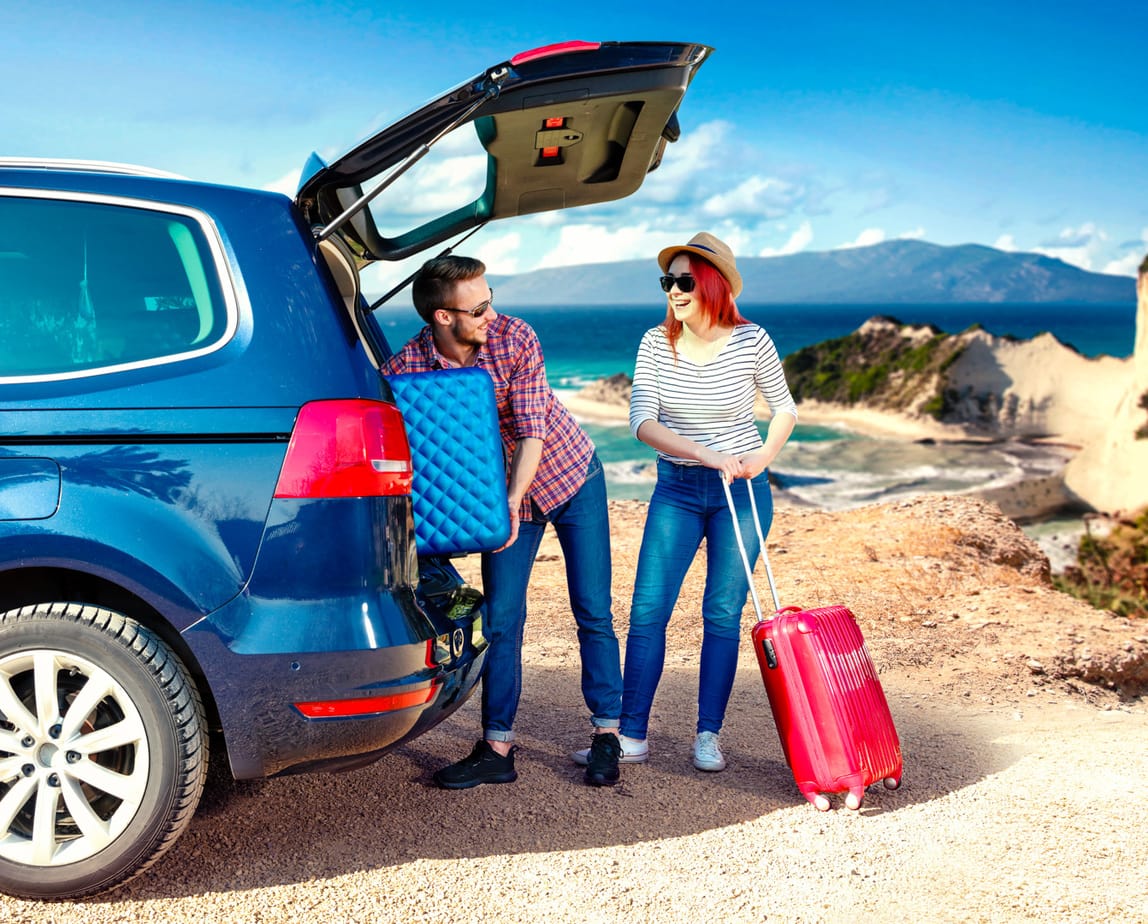
Some of the most memorable vacations come in the form of a road trip. Just make sure yours is remembered for all the right reasons. Whether you’re traveling for a few hours or taking a legendary cross-country tour, these tips will help you avoid boredom, reduce hassles, and keep your safety safe.
1. Make a plan with your passengers.
“Perhaps the biggest pitfall on a trip is not so much the route or the sights, but the other people,” says Paul Johnson, founder of NorthOutdoors. Even BFFs can become deadly enemies at the end of a long and painful journey, so getting to the same page before leaving is crucial. “Determine in advance what you are trying to do. Are you trying to get somewhere asap? Or is it an exploratory and winding journey that is all about getting lost and discovering new places? “Said Johnson.
2. Agree on a budget.
If you are traveling with other adults, you will need to jointly set a budget for the trip. For example, stick to home-made sandwiches for lunch or visit the local hotspots on Yelp? Do you go camping in the car or sleep in hotels? “It’s good to know what to expect in advance so that you can avoid those tense moments while traveling,” said Johnson.
3. Create the perfect playlist in advance.
Not only is touching the phone unsafe while driving, it can really destroy the atmosphere of a relaxed drive with the perfect soundtrack. In addition, you will likely reach some areas with no wireless coverage or cellular network. “There are many areas where the internet, GPS, or even satellite signal for XM radio is not available,” said Angella Jensen of Angie’s Awesome Adventures. In this case, downloading a few playlists beforehand will save you from awkward silence. “Include as much fun and upbeat music as possible,” she said. “This will keep the energy level high and in a good place when you are in a situation where nothing else is available.”
4. Also choose some podcasts.
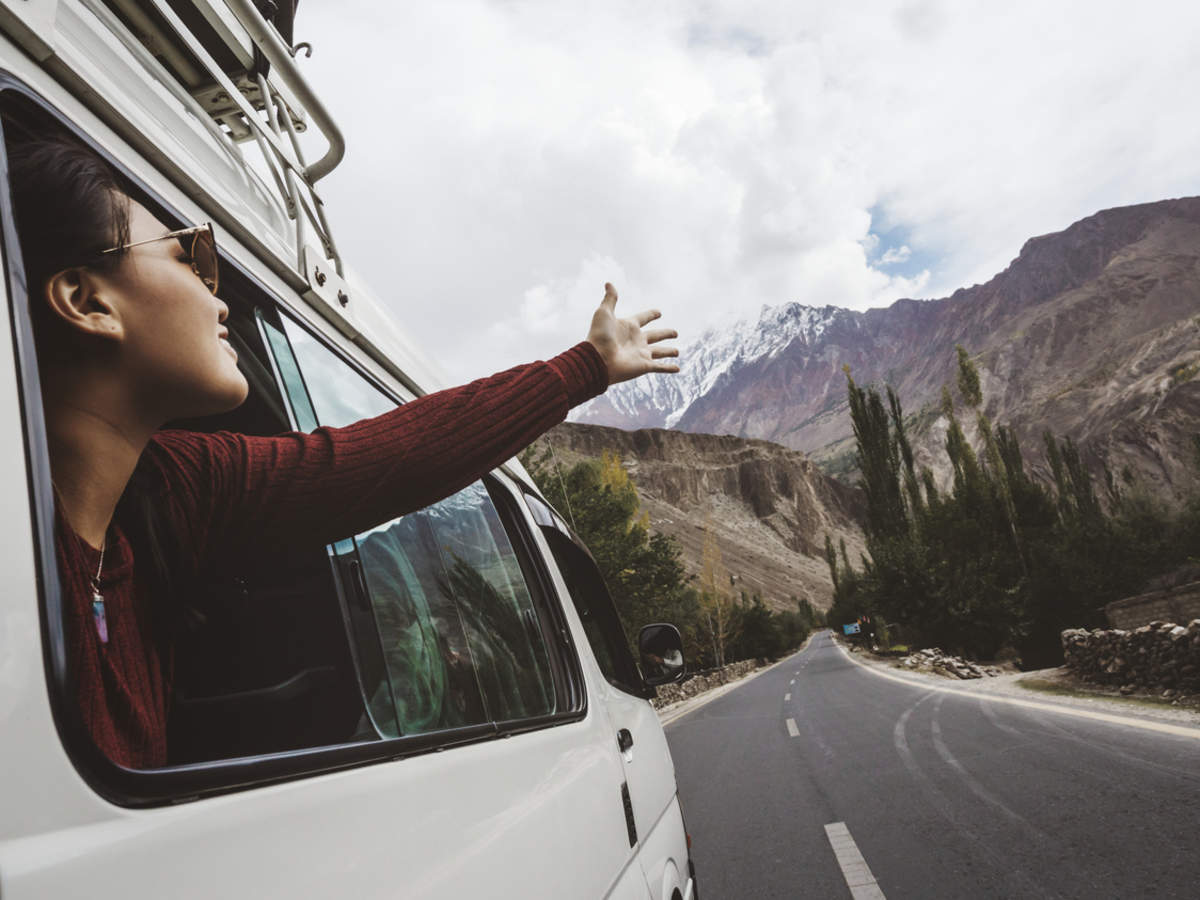
Even your favorite songs can get old after a while. To break the monotony, try listening to a podcast. Whether you want to learn a new skill or get lost in a real detective thriller, there is something for everyone. Some popular options to consider are Why Don’t You Date Me, Safe for Work, Podcast Mortified, and In the Dark.
5. Decide what to visit.
If you’re looking to do some sightseeing along the way, it’s a good idea to find out the top stops before heading out. “Research and plan these things to know exactly where and why you are stopping instead of traveling countless hours on a single ticket,” said Juma Brown of FlyerDiaries. “This will reduce the time you spend bored and give you plenty of additional opportunities to create memories.” These anchor stops also dictate how much you have to drive daily to meet your schedule.
6. But you should also plan additional time.
While sticking to a schedule is important, don’t stick to your schedule so much that you miss other unique opportunities. “It’s the roadside attractions like giant lobster statues, stuffed gopher museums and lookouts that really make a trip special,” said Jenn Stolfa, editor of Take Them Outside. “Not only will you enjoy going out and exploring some of the local culture, but your body will appreciate the opportunity to stretch and move around, too. And if you’re traveling with kids, these stops will break your journey and help them manage the long waits between them. ”
7. Ask the locals about the best stops.
Do you need food or are you looking for some fun? Travel sites like TripAdvisor are great for reviews, but they may not be the best way to discover hidden gems. “Local advice can be invaluable for things like sights and dining,” said Chris Wain of Africa Travel. “Don’t be afraid to ask people in local shops and cafes about the best places to have dinner, the best places to stay, or the quickest route to the local attraction. Residents know the area better than any review site, so their knowledge should never be dismissed. ”
8. Take some cash.

People in large cities may be used to swiping a card to pay for travel expenses, but in small towns this is not always possible. Independent gas stations, national parks, and other stops may have to pay cash, so always have something handy.
9. Take snacks seriously.
Snacks can make or break a trip. Don’t overdo it with the trash – your body will thank you for it. “We often see people throwing their healthy eating habits out the window just because they’re driving,” said Johnson. But wearing Big Gulps and Doritos can lead to fatigue and some, uh, emergency stops. Try to eat fruits, protein bars, and vegetables, and don’t forget to drink plenty of water. “A secret weapon is stopping at a grocery store – even in small towns – to get your lunch, rather than at the roadside diner,” said Johnson.
10. Select truck stops over rest stops.
Truck stops are no longer just reserved for truck drivers. With lots of lighting, facilities, and pedestrian traffic, they can feel safer and more comfortable than secluded rest areas. Be careful wherever you stop on the road, but if you have the choice, plan your rest stops.
11. Get out early and follow the hours of the day.
If you want to avoid the traffic, leave as early as possible, even if you have to start the day around 4: 5am. can offer sensational sunrise views in different locations every day, ”said Wain. “Plus, the streets still have to be filled with passengers trying to get to work. This makes your journey significantly less stressful and therefore safer. ”
Speaking of safety, it is also a good idea to end the travel day as soon as it gets dark, as the night is by far the most dangerous time thanks to more drunk and sleepy drivers. Not to mention that animals like to go out at dusk and often end up on the street – and you don’t want to encounter wild animals there unexpectedly.
12. Take the gas off every time you stop.
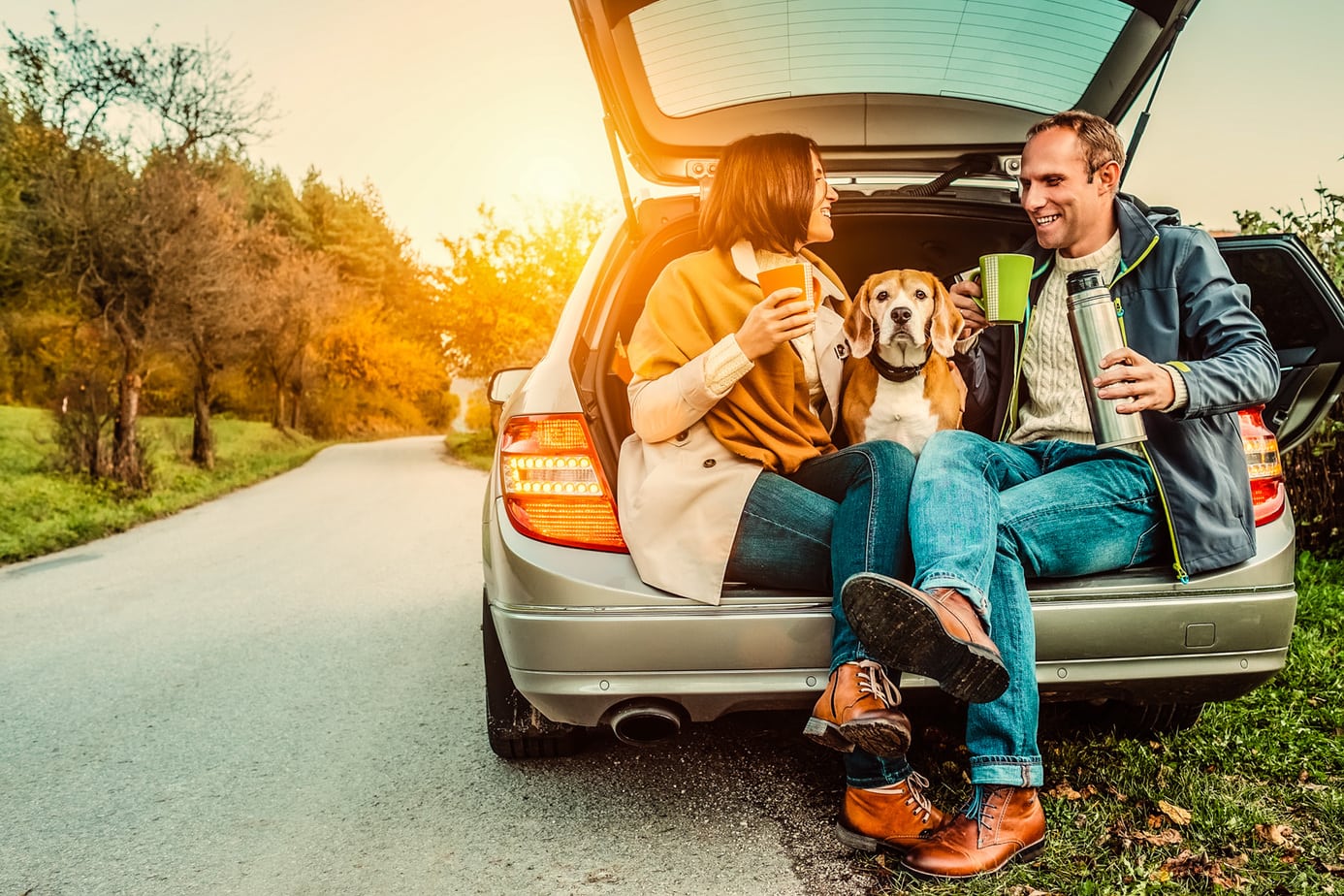
Make a pit stop? Get some gas. Passing through a small town? Fill up. Even if you have a healthy half tank to hand, it can never hurt to fill up with fuel for those long periods of time when there are miles and miles not from a gas station.
13. Hand out games and treats along the way.
If you’re traveling with kids, don’t hand out all of the activities and treats at the start of the trip. Instead, Stolfa recommends saving some games, books, and snacks for later when distractions are badly needed. You can also spend some pocket money in a supermarket so the kids can buy their own snacks throughout the trip.
14. Plan for training breaks.
Another tip if you have kids in tow: make sure they have time to exercise every day. “Take them to a park or just let them run with you on a treadmill in the hotel gym,” said Mike Miller, founder of the Wilderness Times. “The last thing you want is for your kids to be energized, jump off the walls and ask, ‘Did we get there ?! ’53 times an hour. ”
15. Learn to change a tire.
Knowing how to change a tire is an important skill, especially when driving through areas where breakdown assistance does not arrive quickly or at all. “Not only do you need to know how to change tires, but you also need to know how to use the private touring vehicle you will be using,” says Stolfa. Do all of the pre-ride steps to find out where the replacement part is, if the air pressure is good, and to follow all of the steps to get the wheels running again.
16. Bring a cell phone charging bank.
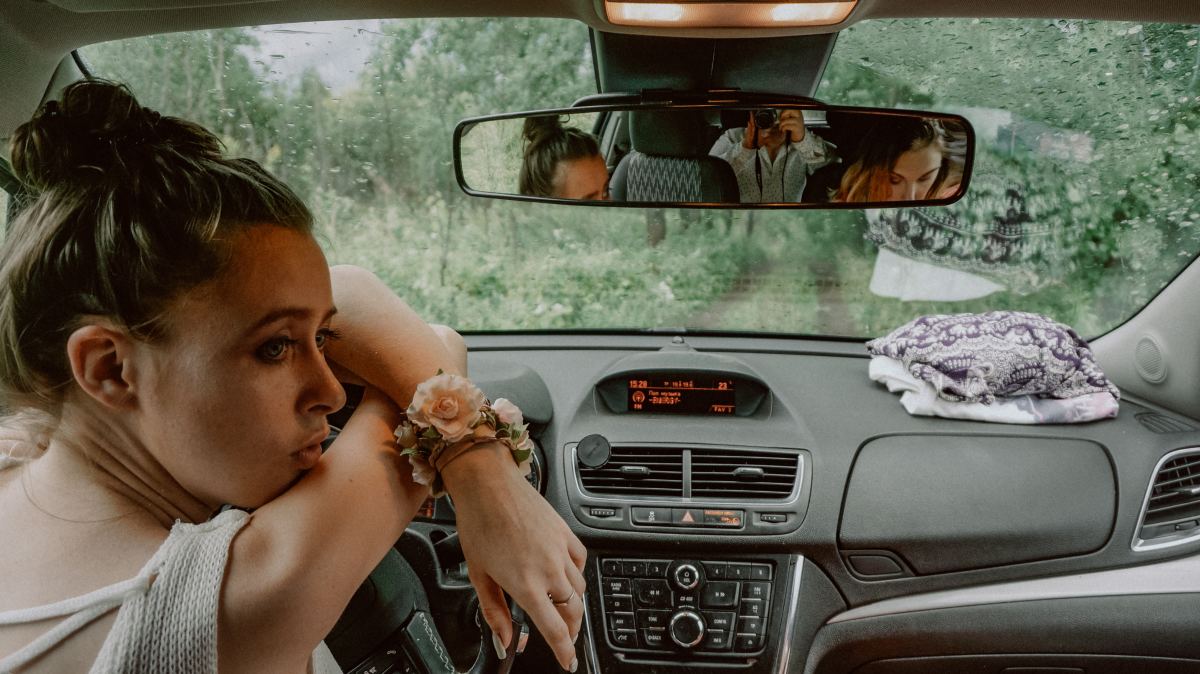
In general, when you are driving, you can rely on your vehicle’s power supply to charge your phone. But emergencies happen and you don’t want to be stuck with a dead car and empty cell phone battery. “With the backup accounting bank, it will be a lot easier to call for help,” said Stolfa.
17. Be prepared for extreme weather conditions.
Between rain storms, heavy snowfalls and hurricanes, our vast country harbors many types of weather hazards. If you are planning a long trip, make sure you are prepared for whatever Mother Nature puts in your way. That means wearing the right shoes, packing the right clothes and bringing equipment like tire chains with you if necessary. “When you travel in winter, it’s a completely different ball game. The mountains and the north country require you to adapt to the conditions, not the other way around, ”said Johnson.
18. Let your bank know where you are going.
You don’t want to get stuck at a gas station or roadside snack with a credit card that has been blocked by your bank for possible fraud. “Notify your bank and credit card company of your trip to the cities you want to visit,” said Andrea Woroch, personal finance expert. “This will help the company monitor fraud, but it will also ensure you have access to funds when you need them.”
19. Have alternative instructions available.
Today, most of us rely so heavily on GPS to get around that we probably couldn’t get out of a wet paper bag without it. But this GPS signal doesn’t always work on the road. “You should always have alternate directions – a street map or printed directions,” said Jake McKenzie of the auto supply store. “Without the ability to check your GPS or ask for help, you could get lost very quickly. A few maps in the glove compartment and even a compass can save you a lot of time if you get lost without a cell phone signal. ”
20. Show respect.
Long days out and about can be a strain on your nerves, especially when you’re out and about with the little ones. But that’s no excuse to be an idiot. Be courteous to local residents you meet, don’t throw rubbish, or leave other cars on your lane. A little respect goes a long way on the open road.
B. 9 Road Trip Tips For A Safe And Comfortable Drive

You need to plan your trip in advance and we’re not just talking about packing. “Hypnosis on the road” is quite common when travelers have not prepared themselves for the endurance requirements of a longer journey. According to a survey by the mattress retailer Sleepy’s, more than 60 percent of drivers say they sat behind the wheel while they slept. With these statistics in mind, there are steps you should take to prepare for long journeys before you get behind the wheel – and to stay alert and energetic while driving. These long travel tips will help you.
1. Get enough sleep before driving
Think about exhaustion before you start your journey, not after. Before you travel, sleep at least seven hours for two consecutive nights to build up energy reserves. It’s best to start in the morning after a good night’s sleep, not after a long, busy day at work (unless you want to quit). Take regular breaks along the way to stay refreshed and vigilant, and stop about every 100 miles or two hours. “Also, avoid driving between 1pm and 3pm, when the body temperature is lowest and people are naturally sleepy,” says Dr. Michael Breus, The Sleep Doctor.
2. Bring healthy snacks for road trips
Carrying a variety of healthy, vitamin-rich foods with you will allow you to grab smaller snacks during the long drive while skipping fast food stops. “To stay vigilant, carrots and almonds are my favorites,” says travel blogger and expert Gretchen Breuner, author of The RoadScholarz: Lessons from the Scenic Route.
3. Stay hydrated
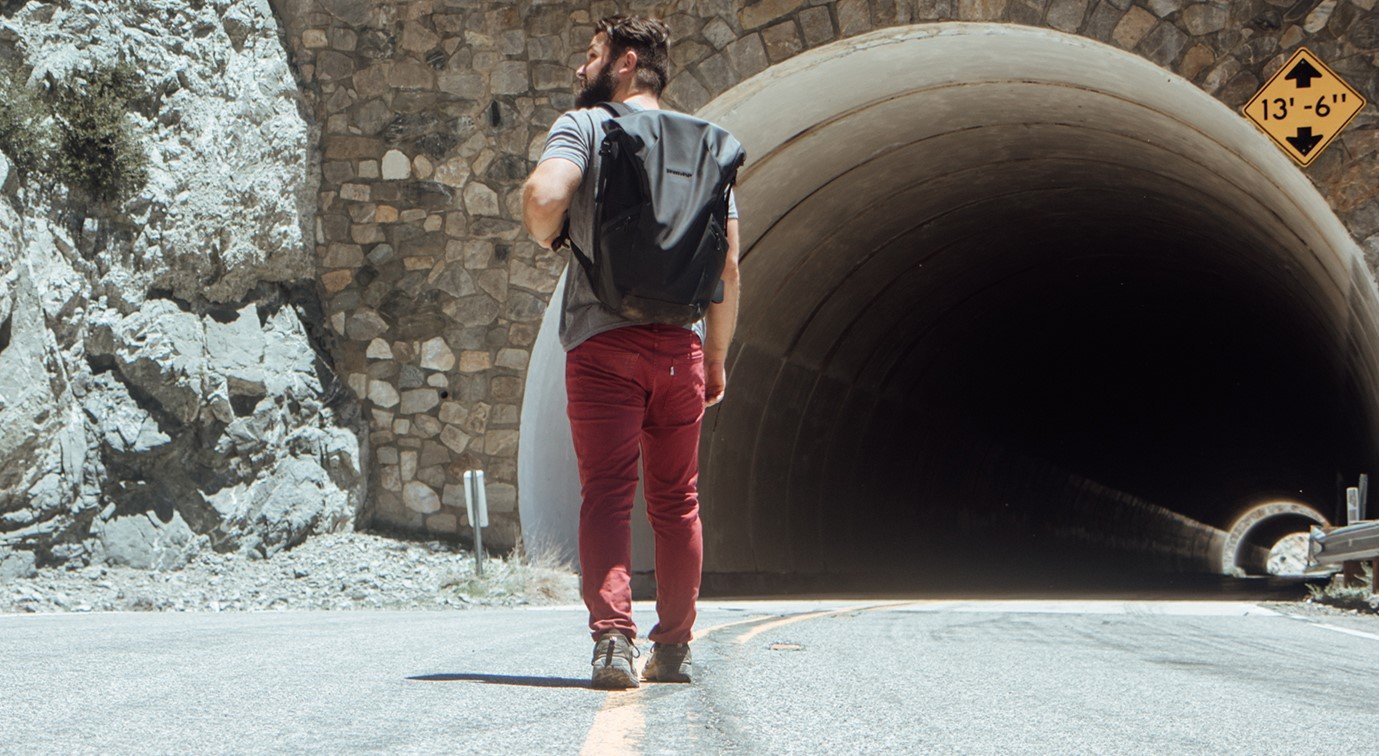
Keep your water supply well filled for maximum energy. “One possible disadvantage, of course, is that you have to stop to the toilet more often,” says Breuner, who traveled with his family to 19 countries in three months. To learn more about what to take with you on a trip, check out this list of the most important items and tools to keep in your car.
4. Schedule your breaks
One of the most important tips for road trips is to get out of the car every two hours or more and stretch your legs, our experts recommend. Plan for these stops on your long journey, whether it be around meal times or can be planned so that you can see places of interest.
5. Chew gum
The repetitive process increases blood flow and alertness. “You don’t need a sugary strain to get the effects you want,” said Breus, a member of the American Academy of Sleep Medicine and author of Good Night: The Sleep Doctor’s 4-Week Program to Better Sleep and Better Health.
6. Use energizing fragrances
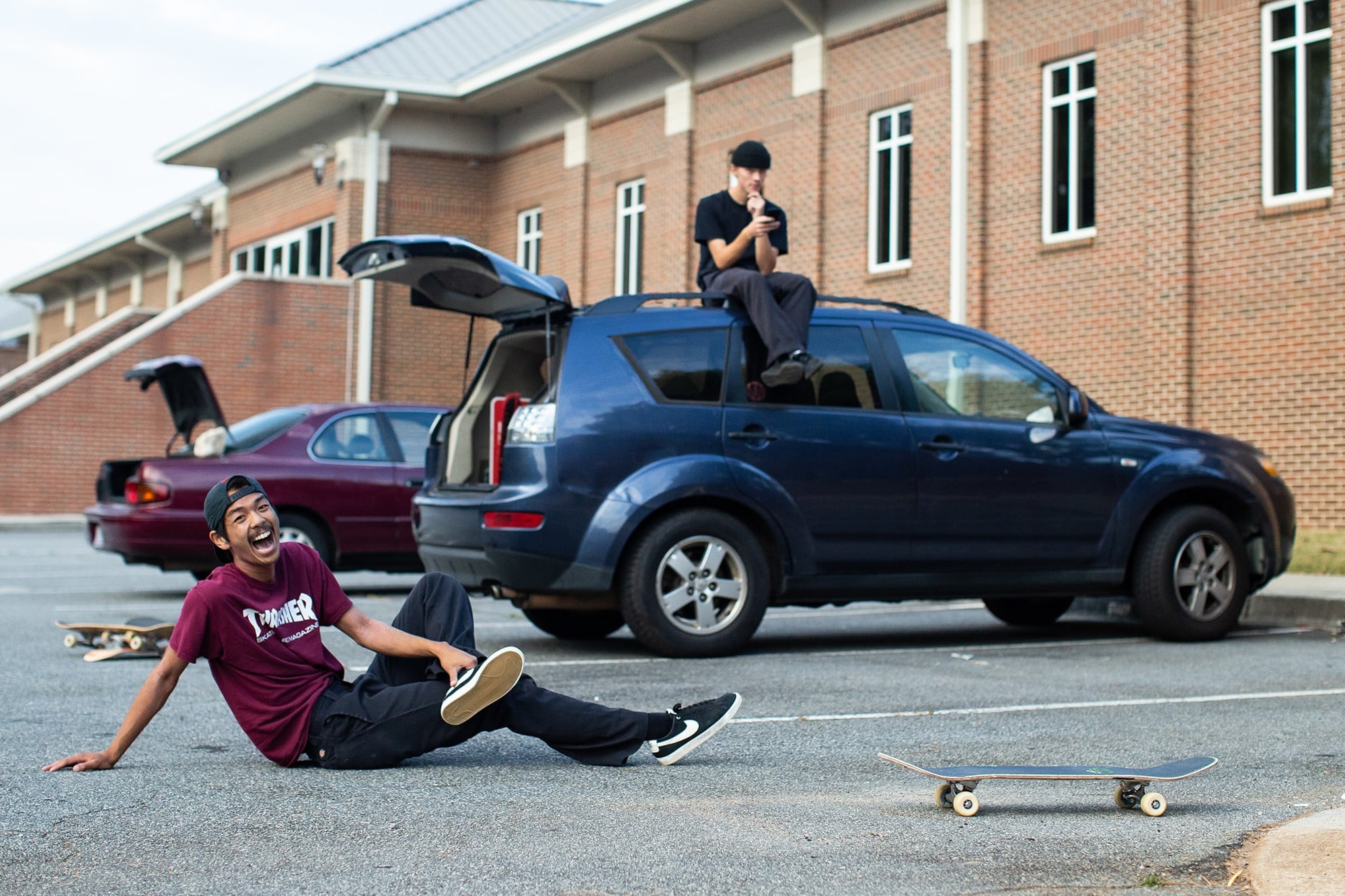
When traveling long-distance, Breus also recommends having a mint scent source nearby. When you feel like you need a boost, sniff it. “It’s a pleasant, all-natural stimulus that has been shown to reduce fatigue and increase alertness,” he says.
7. Sit up straight
Make sure your seat is properly adjusted to your body and tilted for maximum blood flow. When you feel a driving “trance”, sit down. “Take a deep breath and scan your body for tension,” says yoga teacher and wellness expert Elaine Masters, author of Drivetime Yoga: Benefits of Yoga in the Convenience of Your Car. “For example, if your right hip is sore, lean on the other side.”
8. Keep passengers happy
Long trips, especially with children, can often lead to fights. This type of aggravation leads to driver fatigue. So make sure the kids have fun with books, puzzles, and other time consuming distractions. On the flip side, travel games like Find The License Plate are great for keeping everyone busy.
9. Listen to audio books
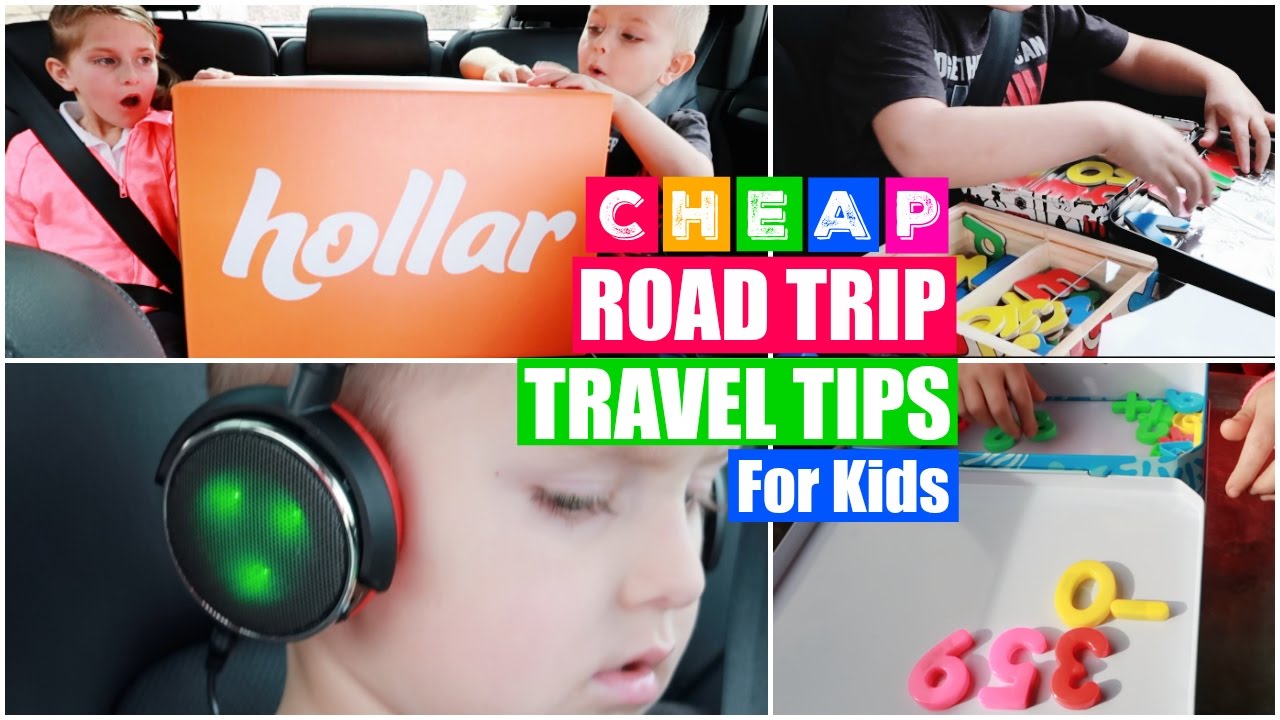
Audiobooks help keep the brain active without creating a dangerous distraction. Breus recommends listening to humor books or even comedy CDs. “Laughing,” he says, “will keep you awake.” With these long trip tips, you and your car can travel safely.
